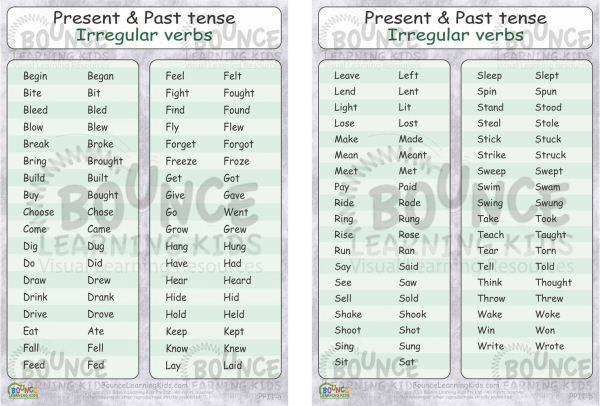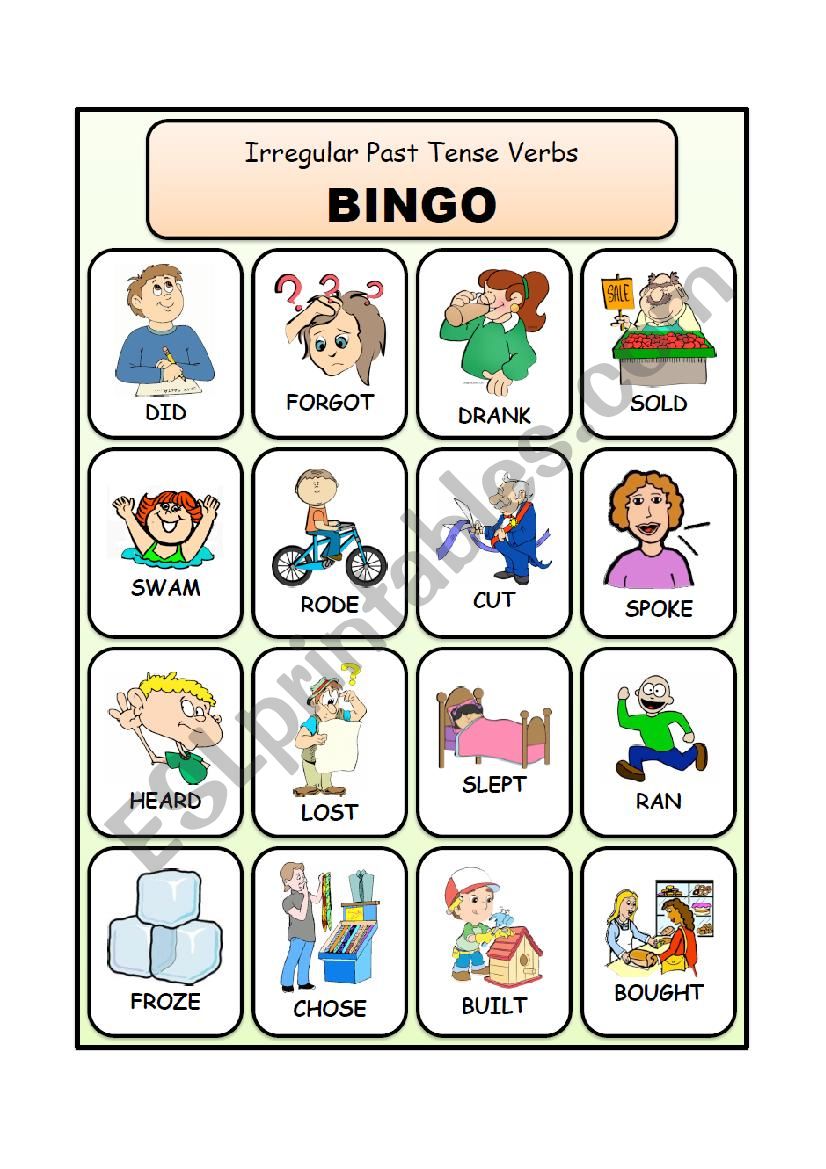

With these rules in mind, we can see that all strong verbs are irregular. Weak verbs, on the other hand, keep their vowel the same in the past tense, like the a in dance. Strong verbs are any verb that changes its vowels in the past tense, like how the i in “sing” changes to an a for the past tense. Irregular verbs and regular verbs are often confused with strong verbs and weak verbs, although they are very similar. Like “be,” quite a few other linking verbs are irregular as well, such as “become” and “feel.” Also, irregular verbs can be either transitive or intransitive verbs and can still be used as imperative verbs. Be aware that certain exceptions, like the verb “be,” have special present tense forms as well. This includes adding an “-s” or “-es” for the third-person singular. The simple present tense is conjugated the same no matter whether the verb is regular or irregular. I have sung opera before, but I have never danced to it. In practice, you end with conjugations like these:

#IRREGULAR PAST TENSE VERBS HOW TO#
The only way to know how to conjugate “sing” is to memorize its special forms. Instead, “sing” has both a unique past tense and also a unique past participle form. You can’t use “singed” because that’s an incorrect form for this verb. “Sing,” however, is irregular, so the normal rules don’t work. To create both the simple past tense and past participle forms, you simply add “-ed,” or in this case only “-d” because the base form ends in e already. To conjugate “dance,” there’s no big surprise or trick you just use the same formula as with most other verbs. To show you what we mean, let’s “dance” and “sing!” This pair is a good example to see the differences: “dance” is a regular verb, but “sing” is an irregular verb. (Just a reminder: The past participle is the form used with the present perfect tense. Irregular verbs, however, use completely original words for their different verb forms when they’re the main verb of a sentence. You could say irregular verbs are verbs that “follow their own rules.” Regular verbs follow the standard grammar rules of modern English in adding “-ed” or “-d” to form the past tense and past participle forms. To help you with this, below we list the common irregular verbs and their tense forms, along with a quick explanation of what they are and how they work. That night, he paid for the meal because he was happy we found his wallet and got it back to him.Grammarly helps you communicate confidently Write with Grammarly He told us all about the town and gave us tips for our vacation. Woman: Yes, we became friends and had dinner that night. He was so happy that he got his wallet back, so he bought us a really nice bottle of wine. Woman: They found the owner of the wallet and he wanted to meet us. The next day they called us, so we went back to the police station. We told the police that someone lost their wallet. Woman: Yes! One day, we found a wallet on the beach. Each day we swam in the ocean and took long walks on the beach. Woman: We stayed at a hotel on the beach so we woke up every day to the sunrise over the water. It was so fun there! We met lots of really nice people and ate really delicious food. Woman: Great! I went to Italy with my family.


 0 kommentar(er)
0 kommentar(er)
